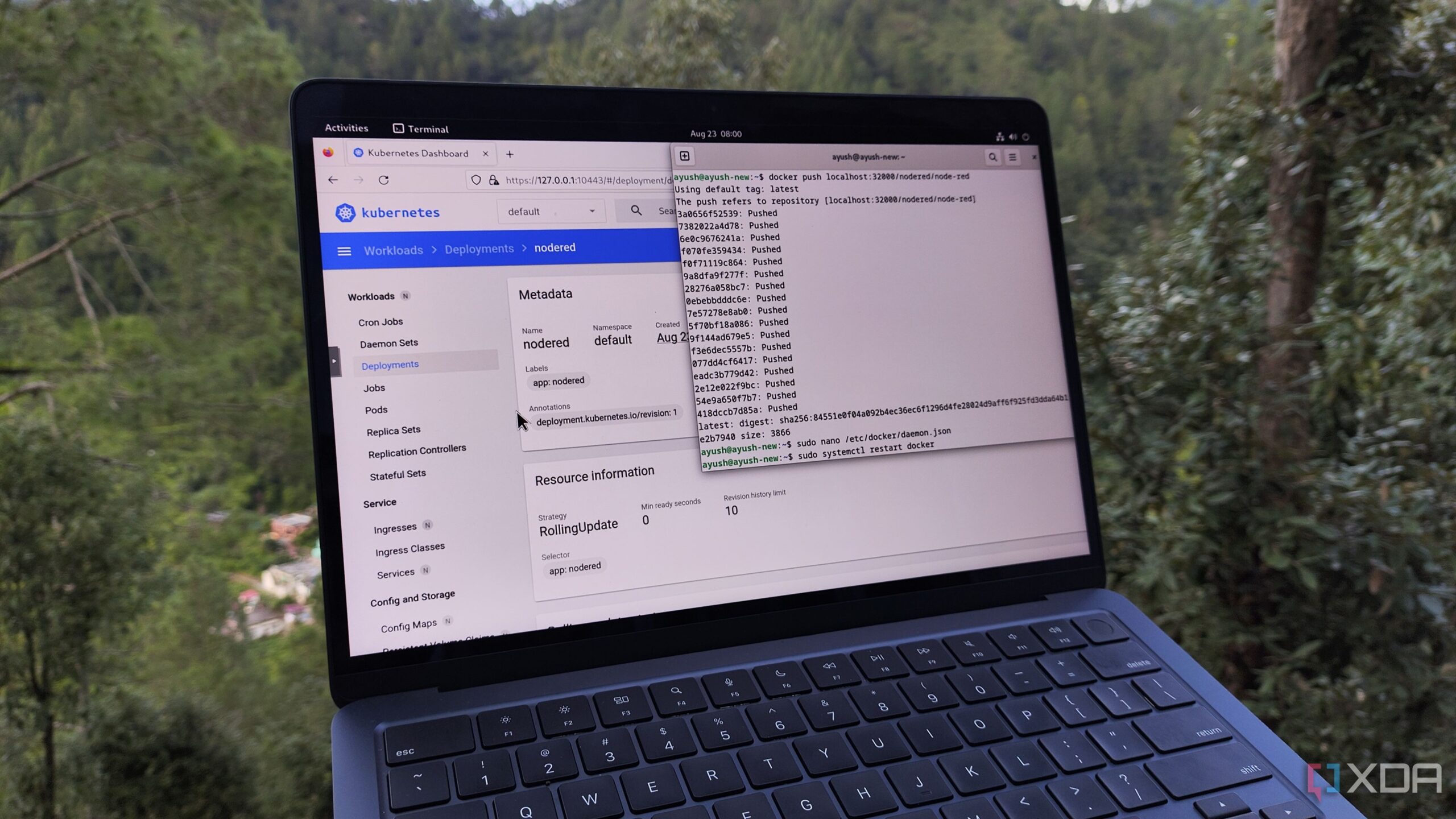The rise of container technology has transformed the way developers manage applications, with Kubernetes emerging as a leading tool for orchestrating containerized workloads. This utility not only facilitates deployment and scaling but also enhances management capabilities across clusters of applications. While Kubernetes may seem advanced for casual users, it offers significant advantages for enthusiasts and professionals seeking to refine their DevOps skills. Below are five of the best Linux distributions for building Kubernetes clusters, each providing unique features and benefits.
Raspberry Pi OS: Compact and Capable
Users often overlook the Raspberry Pi boards’ potential, but they prove to be surprisingly effective for containerization projects. A modest Kubernetes cluster can be set up using a few Raspberry Pi single-board computers (SBCs), a router, and some patience. The Raspberry Pi OS stands out due to its robust pre-installed packages and performance. For optimal results, it is advisable to use the command-line interface version, as the graphical interface may consume excessive CPU and memory resources. Those opting to run MicroK8s on the Raspberry Pi OS should add the cgroup_memory=1 and cgroup_enable=memory flags to the /boot/firmware/cmdline.txt file for improved functionality.
Harvester and Rancher: Ideal for Experimentation
For those familiar with home server setups, Harvester is recognized as a powerful virtualization platform. It integrates seamlessly with Rancher, a suite of enterprise-level tools for managing Kubernetes environments. This combination is particularly beneficial for users interested in exploring container orchestration and automation. An experimental feature called rancher-vcluster allows users to create a Kubernetes (or K3s) cluster while deploying the Rancher management interface within a virtual machine. However, Harvester’s high system requirements may pose challenges for maintaining a reliable Kubernetes cluster.
Debian: Stability and Reliability
While other distributions may prioritize innovation or unique design, Debian offers a stable and straightforward environment suitable for running Kubernetes workloads. Its long-standing reputation for reliability, combined with robust compatibility across various Arm devices, makes it an excellent choice for harnessing Kubernetes capabilities on non-Raspberry Pi SBCs. Users can feel confident in deploying their applications on a platform known for its stability.
Fedora CoreOS: Streamlined for Containers
Originally developed as CoreOS, the project was rebranded as Fedora CoreOS after being acquired by Red Hat in 2020. Unlike its counterpart, Kinvolk’s fork of CoreOS, Fedora CoreOS is designed specifically for container-heavy workloads. It comes equipped with support for Podman, CRI-O, and Docker’s command-line tools, eliminating the need for manual runtime environment installations. Users can easily modify system settings through a Butane configuration document, ensuring a tailored experience. Additionally, Fedora CoreOS provides various recovery options, safeguarding the Kubernetes stack against potential system update failures.
Talos Linux: Security-Centric Design
For those prioritizing security and performance, Talos Linux is a hardened distribution tailored for running Kubernetes clusters. The absence of a traditional shell interface and reliance on an API-based setup enhance security through mutual TLS (mTLS) authentication and a read-only root filesystem. Deploying Kubernetes on Talos Linux is straightforward, as users can implement changes to control and worker nodes using declarative YAML files. Its minimal resource footprint allows Kubernetes to allocate most system resources to container orchestration tasks.
Several additional distributions are worth considering for Kubernetes deployments. DietPi is a minimal option that can optimize even low-powered SBCs for effective container hosting. Meanwhile, Alpine Linux offers a lightweight solution, although its use of the musl library and openrc init system may present occasional compatibility challenges.
As the demand for container orchestration continues to grow, selecting the right operating system is vital for optimizing Kubernetes environments. The aforementioned distributions cater to various needs and preferences, empowering users to build effective and efficient Kubernetes clusters tailored to their specific requirements.






































































